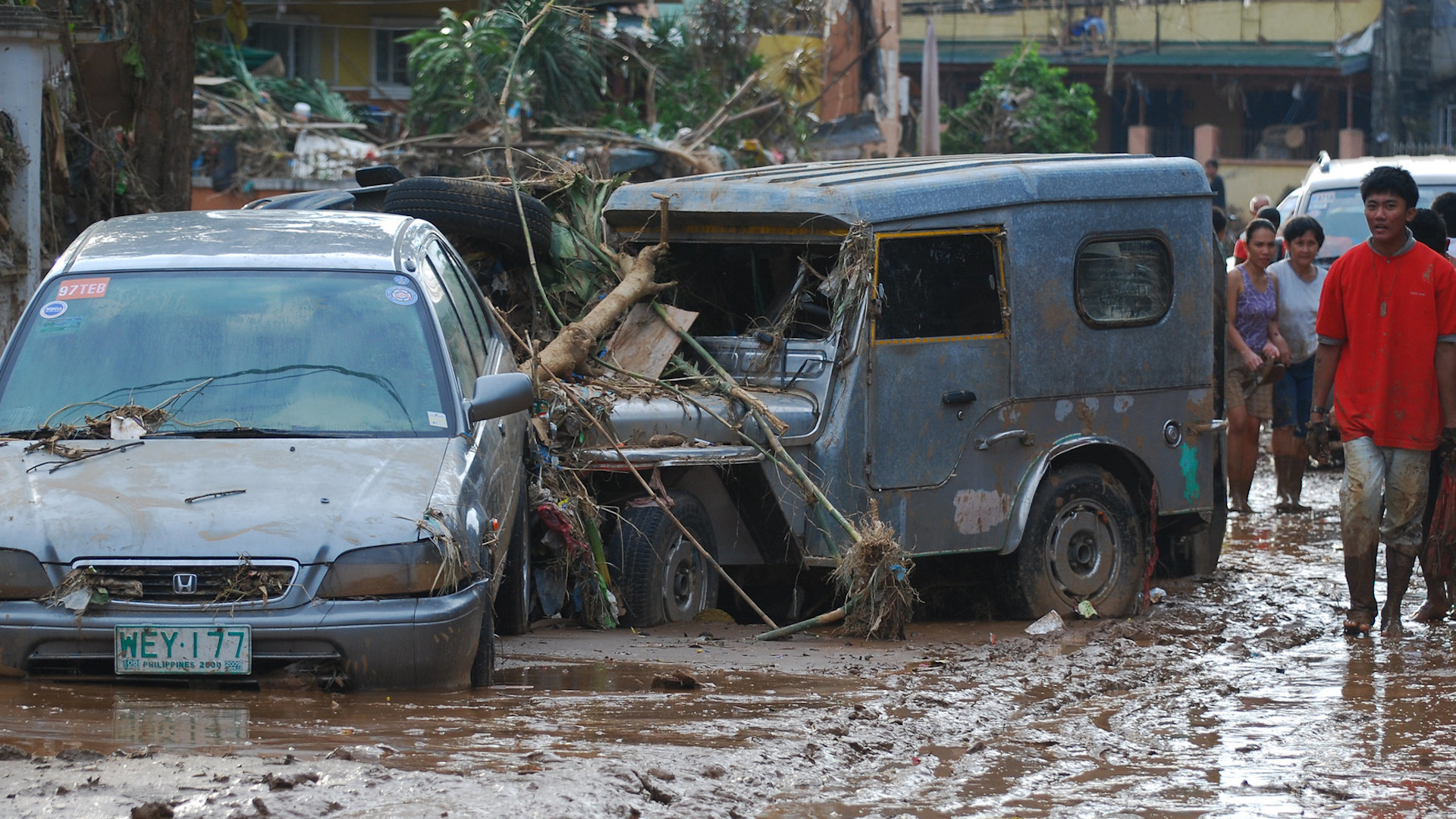Destructive storms and floods forced people to flee their homes nearly 30 million times last year, with the climate crisis posing a greater risk than war to communities around the world.
The number of people displaced for the first time hit a ten-year high in 2020, according to “shocking” analysis by the Norwegian Refugee Council’s Internal Displacement Monitoring Centre (IDMC).
The accelerating climate crisis will drive an increasing number of extreme weather events in the years to come, researchers said, driving more people away from their homes.
“The scale of displacement worldwide is increasing, and most of it is happening within countries’ borders,” researchers said.
“Every year, millions of people are forced to flee their homes because of conflict and violence. Disasters and the effects of climate change regularly trigger new and secondary displacement, undermining people’s security and wellbeing.”
Support The Big Issue and our vendors by signing up for a subscription.





